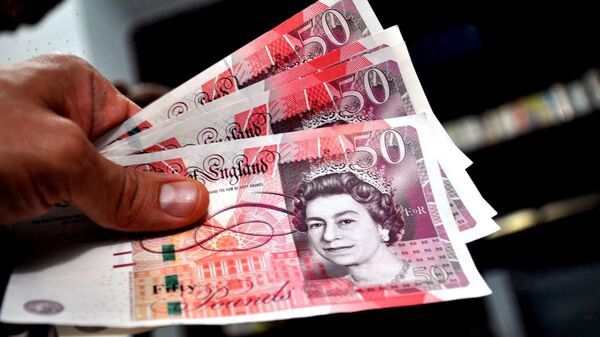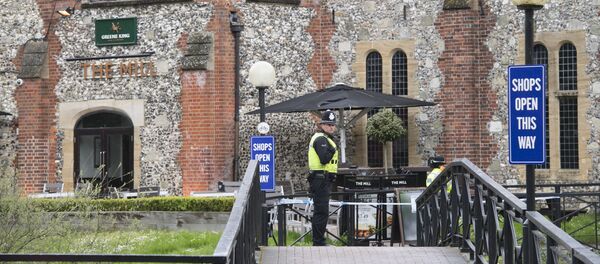UK Ministers are expected to change the House of Lords rules in order to stem the flow of “red money” from Russia and China allegedly circulating through Parliament, the Sunday Times reported.
READ MORE: New York Times Accidentally Unravels UK Government's Official Skripal Narrative
The move is designed to make MPs fully disclose their assets associated with Russia and China, as well as to introduce an espionage law in order to identify foreign spies working for banks and other British companies.
As the newspaper notes, the legislation has been drafted to facilitate the process of expelling foreign intelligence officers from the country, even if they reside in the UK legally. Security sources told the Sunday Times that there are more foreign intelligence officers in the UK now than at the height of the Cold War.
UK authorities are currently investigating a leak of confidential discussions about the role of Huawei, which recently faced allegations that it has been spying on behalf of Chinese government and stealing commercial information, in Britain’s fifth generation network. The telecom giant has strongly denied the accusations of espionage as unfounded.
Speaking with the media outlet, Security Minister Ben Wallace suggested that the change was needed to ensure “transparency in our political system”, which helps protect British democracy from “hybrid attacks” by hostile states.
His comments come amid reports that seven members of the House of Lords had business interests linked to Russia and made public statements in support of Moscow.
READ MORE: Skripal Case Part of Strategy to Divert UK Public Attention From Brexit — Moscow
Relations between Russia and the United Kingdom rapidly deteriorated in the wake of the poisoning of former GRU operative Sergei Skripal and his daughter Yulia in the British city of Salisbury on 4 March 2018.
British officials claimed that the two had been subjected to the Novichok nerve agent, and immediately accused Moscow of being behind the attack – something which the Russian side has vehemently denied, having offered assistance in the investigation instead.
In the aftermath of the Skripal poisoning, a number of Russian businessman working in the UK, have complained that they have been pressured by British authorities, with one even receiving threats by e-email that forced him to leave the country.
At the time, Russian Presidential Commissioner for Entrepreneurs’ Rights Boris Titov named 16 Russian businessmen who had fled the country to escape criminal proceedings and sought to return to their homeland as the situation in the UK was getting worse for them.




